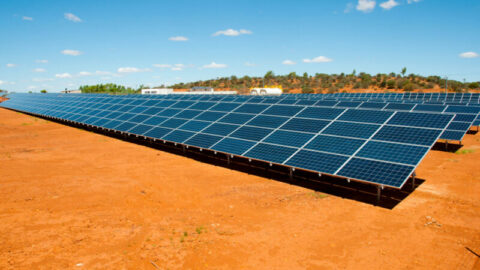The Australian Energy Market Commission (AEMC) has published Terms of Reference for a review of the regulatory and market frameworks needed to support a reliable supply of electricity as the power system transforms to include more variable, intermittent generation and demand-side innovation.
Reliability of the power system is about having sufficient capacity to produce and transport electricity to meet consumer demand. A reliable system requires an adequate supply of dispatchable ‘on demand’ energy, as well as reliable transmission and distribution networks, and a secure operating state (‘system security’).
The review will focus on one element of reliability: how the market and regulatory frameworks operate to deliver an adequate supply of dispatchable energy. It will consider whether any changes are needed to regulatory and market frameworks to support investment in dispatchable energy, to better allow for energy to be supplied when consumers need it.
Dispatchable energy can be supplied through:
- Generation, including large-scale coal, gas and solar plants, wind farms, and distributed energy resources such as rooftop solar and battery storage
- Demand response and other demand-side mechanisms, for example when customers are paid to curtail their electricity consumption
An adequate supply of dispatchable energy in the national electricity market is underpinned by investment decisions by market participants on the basis of market signals: expectations of future spot prices, and the need for investors in new capacity to enter into contracts to hedge against future price risk.
The changing generation mix, with increasing penetration of non-dispatchable variable generation as well as the exit of thermal generators, and a decrease in the liquidity and duration of hedge contracts, has implications for maintaining reliability of the system, particularly on extreme weather days.
The review will take into account learnings from initiatives such as the demand response pilot program being trialled by the Australian Renewable Energy Agency (ARENA) and the Australian Energy Market Operator (AEMO). It will also consider recommendations from the Finkel review such as the Generator Reliability Obligation, day ahead markets and mechanisms to address demand response priorities.
The AEMC will work collaboratively with AEMO, the Reliability Panel and the Australian Energy Regulator (AER) on the development of proposals and recommendations. In particular, the Reliability Panel’s Reliability Standards and Settings Review will be an important input. This review is considering whether the reliability standard and settings – a set of parameters that bear on price, investment and ultimately reliability in the national electricity market – will remain suitable for the market from July 2020.
AEMC will publish an issues paper for stakeholder feedback in late 2017. AEMC will also establish a technical working group, including representatives from conventional and renewable generators, energy service providers, networks, retailers and consumer groups, to help develop the recommendations.
AEMC will provide a progress report to the COAG Energy Council by the end of 2017, with a final report due in mid 2018.















